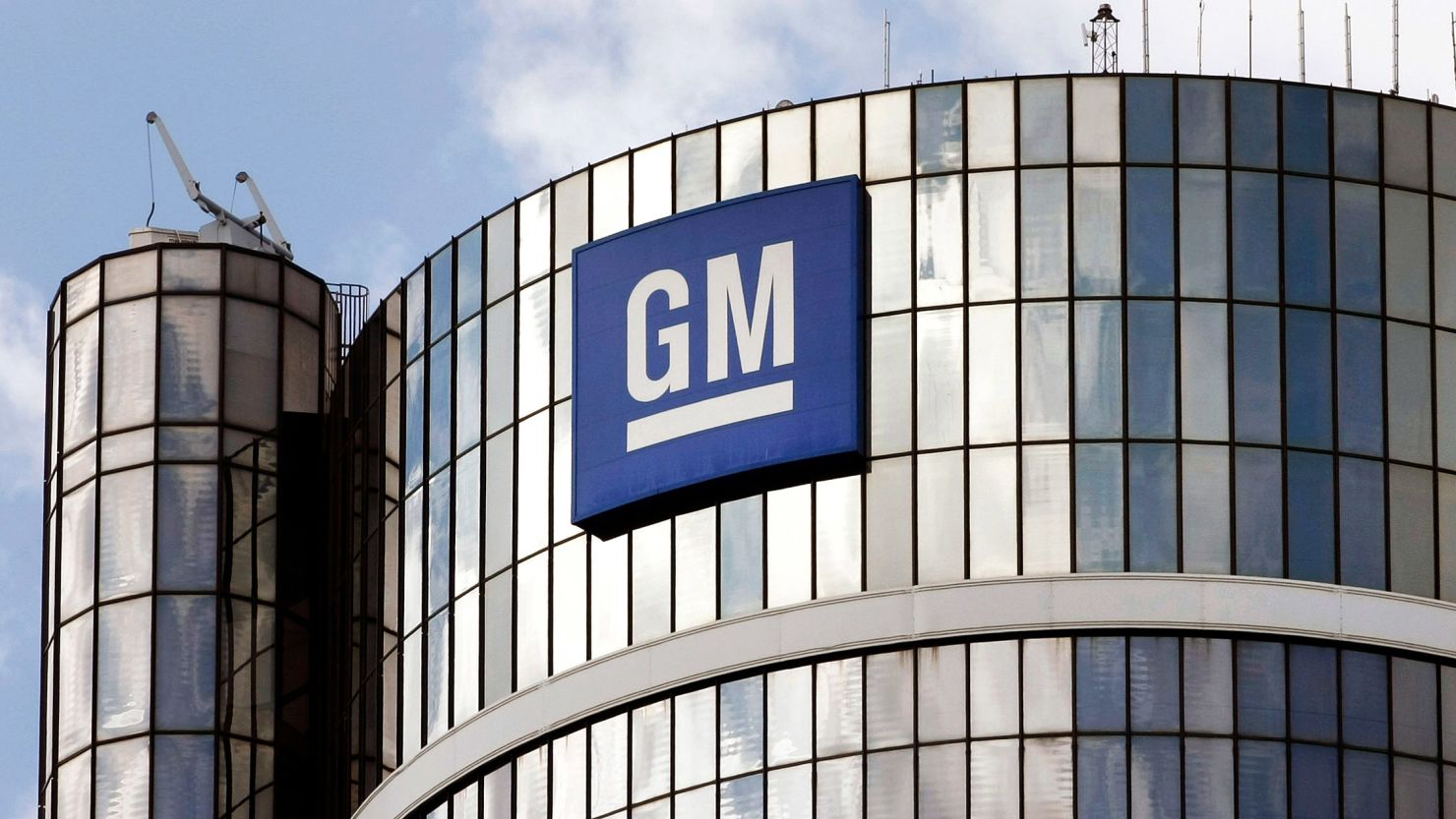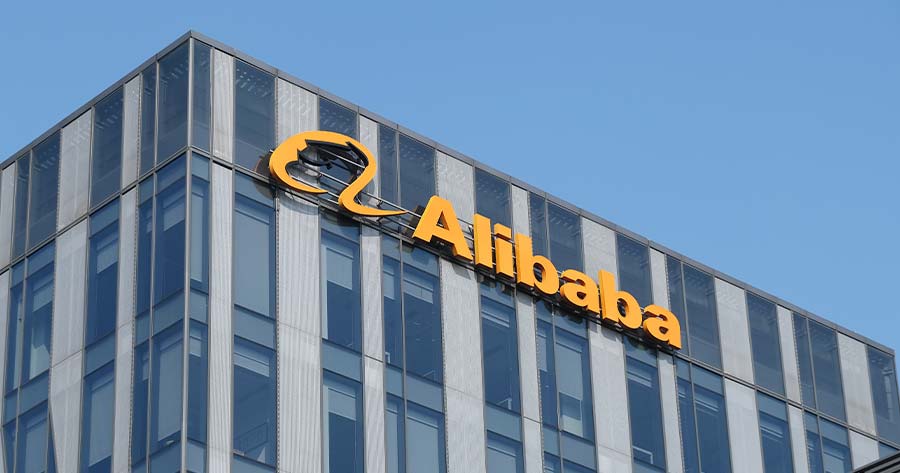Tech
GM Beats Second-Quarter Expectations, Raises Forecast Again

General Motors (GM) reported impressive second-quarter profit and revenue on Tuesday, surpassing Wall Street’s expectations. The company raised its annual profit forecast for the second time this year, driven by strong pricing and high demand for gas-powered trucks.
The Michigan automaker continues to see robust profits from its gasoline-engine offerings while preparing for a gradual transition to electric vehicles (EVs). GM executives confirmed that the company is on track to meet its ambitious EV production goals.
“We’re encouraged by the early results we’re seeing in EVs now that we can build at scale,” CFO Paul Jacobson said in a call with reporters.
In response to these positive results, GM’s shares rose over 4% in premarket trading. The company updated its adjusted pre-tax profit projection for the year to $13 billion to $15 billion, up from the previous range of $12.5 billion to $14.5 billion.
GM reported adjusted earnings per share of $3.06, beating Wall Street’s average estimate of $2.75. The company also achieved $48 billion in revenue for the quarter, surpassing analysts’ consensus of $45.5 billion.
GM provided an update on its Cruise self-driving unit, announcing a focus on developing a next-generation Chevrolet Bolt rather than the futuristic Origin vehicle without human controls.
Despite a cyberattack that affected auto dealerships across the U.S. last month, GM’s quarterly results remained strong, with a 14% increase in net income over the previous year to $2.9 billion.
GM’s stock has performed exceptionally well in 2024, increasing by 38% and outperforming its rivals and the S&P 500. In comparison, Ford Motor has seen an 18% increase, while Stellantis has experienced an 11% decline.
Additionally, GM received significant financial support from the U.S. government this summer to bolster its EV ambitions.
Tech
Alibaba Opens AI Video Generation Model for Free Use Globally

Chinese tech giant Alibaba has made its latest AI video generation models freely available worldwide, intensifying competition with rivals such as OpenAI.
The company announced on Wednesday that it is open-sourcing four models from its Wan2.1 series, its most advanced AI model capable of generating images and videos from text and image inputs. These models will be accessible via Alibaba Cloud’s Model Scope and Hugging Face, making them available to academics, researchers, and businesses globally.
Following the announcement, Alibaba’s Hong Kong-listed shares surged nearly 5%, continuing a strong rally that has seen the stock gain 66% in 2025. Investors have been optimistic about the company’s growing role in AI and its improving financial performance, buoyed by recent policy signals from Chinese President Xi Jinping supporting the domestic private sector.
Alibaba’s move aligns with a broader trend in China, where companies are increasingly embracing open-source AI. In January, DeepSeek, another Chinese firm, shook global markets by revealing that its AI model was trained at a fraction of the cost of competitors, using less-advanced Nvidia chips. Both Alibaba’s and DeepSeek’s models are open-source, meaning they can be downloaded and modified freely, unlike proprietary AI models such as those developed by OpenAI, which generate direct revenue.
The shift towards open-source AI has sparked debate over whether AI models will become commoditized. While companies like Meta are leading the open-source push in the U.S. with their Llama models, Chinese firms have been particularly aggressive in this space, aiming to drive innovation and build global AI communities.
Tech
VP JD Vance Pledges to Protect U.S. AI and Block Its Weaponization

Vice President JD Vance reaffirmed the U.S. commitment to safeguarding its artificial intelligence and semiconductor technologies, vowing to block efforts by authoritarian regimes to weaponize them.
Speaking at France’s AI Action Summit in Paris, Vance warned that some nations have exploited AI for military intelligence, surveillance, and foreign data manipulation. “This administration will block such efforts, full stop,” he stated. “We will safeguard American AI and chip technologies from theft and misuse, work with our allies and partners to strengthen and extend these protections, and close pathways to adversaries attaining AI capabilities that threaten all of our people.”
While he did not directly name China’s AI model DeepSeek, which has drawn global attention for its competitive performance at a lower cost, Vance criticized heavily subsidized technologies exported by authoritarian states. “We’re all familiar with cheap tech in the marketplace that’s been heavily subsidized and exported by authoritarian regimes,” he said.
In a pointed message to allies, Vance cautioned against collaborating with companies linked to such regimes, arguing it would compromise national security. “Chaining your nation to an authoritarian master that seeks to infiltrate, dig in, and seize your information infrastructure never pays off,” he added.
The U.S. has ramped up efforts to control AI development and chip manufacturing, tightening restrictions on exports to China and strengthening alliances in the tech sector.
Tech
Bitcoin and Ether Plunge as Trump’s Tariffs Spark Global Market Jitters

Cryptocurrencies took a sharp hit after President Donald Trump imposed sweeping tariffs on Canada, Mexico, and China, triggering a global risk-off sentiment among investors.
Bitcoin dropped 2% on Monday to $95,722.77, after trading above $102,000 over the weekend, according to Coin Metrics. Meanwhile, the U.S. dollar index, which typically moves inversely to Bitcoin, climbed by nearly 1%.
The impact was even more severe on other digital assets. Ether (ETH) plunged 12% to around $2,600, down from $3,300 on Friday. The CoinDesk 20 index, a broader measure of the crypto market, sank 16% since Saturday, compared to Bitcoin’s 6% decline.
Shares of crypto-related companies were also affected, with Coinbase and MicroStrategy each losing about 5% in premarket trading.
Market Braces for More Volatility
The sell-off began Saturday evening, just hours after Trump signed an executive order slapping a 25% tariff on imports from Mexico and Canada and a 10% tariff on China. The U.S. conducts about $1.6 trillion in trade with these three countries, raising fears of a potential trade war.
According to James Davies, CEO of Crypto Valley Exchange, traders are unwinding leveraged positions as uncertainty looms. “Bulls are de-leveraging massively right now, watching closely to see if this escalates into a full-blown trade war.”
Bitcoin’s immediate support level is at $90,000, with analysts warning that a break below this level could trigger a steeper pullback to $80,000.
Could Tariffs Boost Bitcoin in the Long Run?
Despite the current market turmoil, some investors believe a prolonged tariff war could benefit Bitcoin in the long run. Jeff Park, Bitwise Asset Management’s head of alpha strategies, argues that an extended trade war could weaken the U.S. dollar and lead to lower interest rates, which might push Bitcoin higher over time.
“While Bitcoin is seen as a hedge against inflation and uncertainty in the long run, it still trades like a risk asset in the short term,” said Geoff Kendrick, an analyst at Standard Chartered. He warned that Bitcoin may experience further volatility this month, especially if economic concerns push investors away from risky assets.
With Bitcoin now about 12% off its all-time high of $109,350 set on Jan. 20, seasoned investors remain watchful. Crypto markets have historically endured corrections of 30% or more during bull markets, meaning that traders are bracing for further turbulence in the days ahead.
-

 News1 week ago
News1 week agoTwo people confirmed dead in clashes between protesters and security forces in Iran
-

 Sports7 days ago
Sports7 days agoJohnson Embraces New Chapter at Crystal Palace After Record £35m Switch
-

 News1 week ago
News1 week agoTrump Issues Strong Warning as Global Attention Focuses on Iran’s Unrest
-

 News1 week ago
News1 week agoTeenagers Among the Missing as Swiss Bar Fire Tragedy Unfolds
-

 Sports1 week ago
Sports1 week agoVenus Williams Makes Historic Australian Open Return at 45 After Receiving Wildcard
-

 News6 days ago
News6 days agoSwiss Prosecutors Move to Ensure Accountability After Crans-Montana Fire Tragedy
-

 Sports5 days ago
Sports5 days agoTyson Fury Confirms Another Comeback to the Ring after retirement
-

 News6 days ago
News6 days agoTrump Promises Clarity After US Operation in Venezuela












